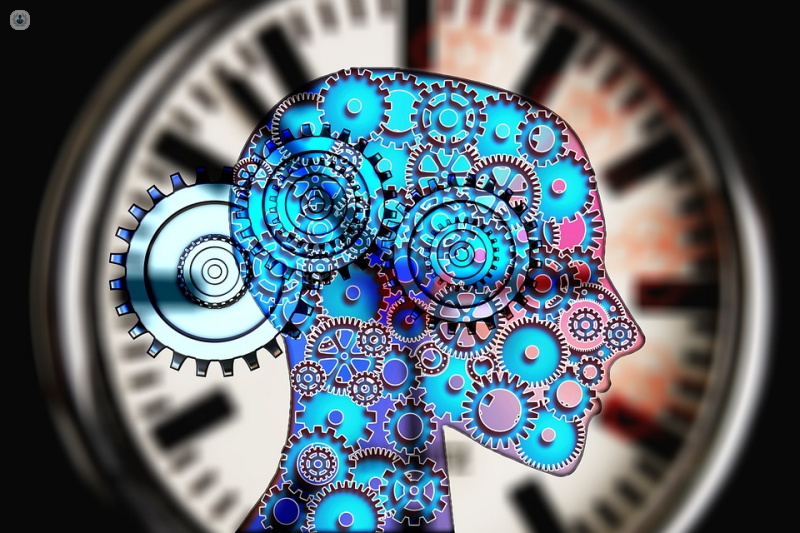


What is neuropsychology?
Neuropsychology is the discipline at the crossroads of neurology and psychology. It studies the relationship between the brain, cognitive functions and emotional and behavioural processes.

It encompasses all pathologies that affect the brain: neurodevelopmental impairments, neurodegenerative diseases, head injuries, strokes, brain tumours, and anoxia, to name but a few.
The aim of neuropsychology is to determine the patient’s cognitive, behavioural, emotional and functional status; this contributes to the diagnosis of neurological diseases with cognitive and/or behavioural symptoms.
Neuropsychology can detect cognitive decline at a very early stage. It can also be used to evaluate the effect of surgery in epilepsy, hydrocephalus and tumour cases, and the toxicity of certain pharmacological treatments.
It is also useful for drawing up expert reports in cases of incapacity, accident or mental decline, and for designing neuropsychological rehabilitation programmes following brain damage or cognitive decline.
What does it involve?
The first task of neuropsychology is to diagnose the specific higher functions that are compromised (speech, language, memory, attention...) via an initial interview with the patient. Once the impairments have been identified, the specialist will set targets to be attained via cognitive therapy that is individualized to each patient, their disease and their circumstances. The neuropsychological examination is different for every patient.
Preparation for the neuropsychological examination
You should begin neuropsychology rehabilitation early, and carefully follow the instructions of the neuropsychologist.
Care following the neuropsychological intervention
After the neuropsychological intervention has terminated, you must follow the neuropsychologist’s advice and instructions. The intervention will be specifically adapted for you.